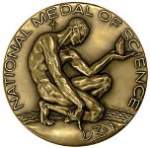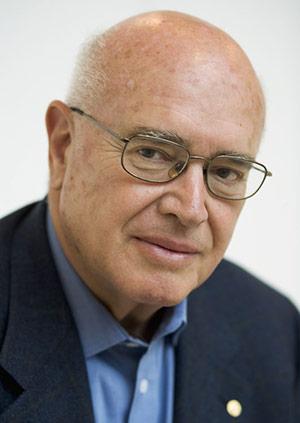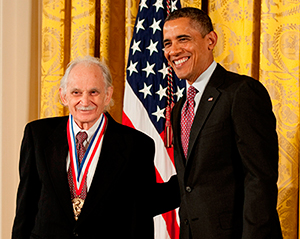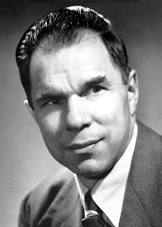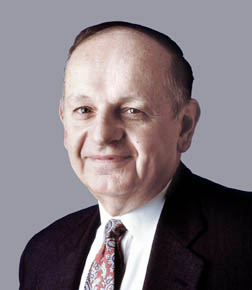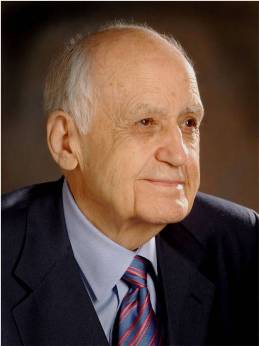Edgar Bright Wilson National Medal of Science Awarded In 1975
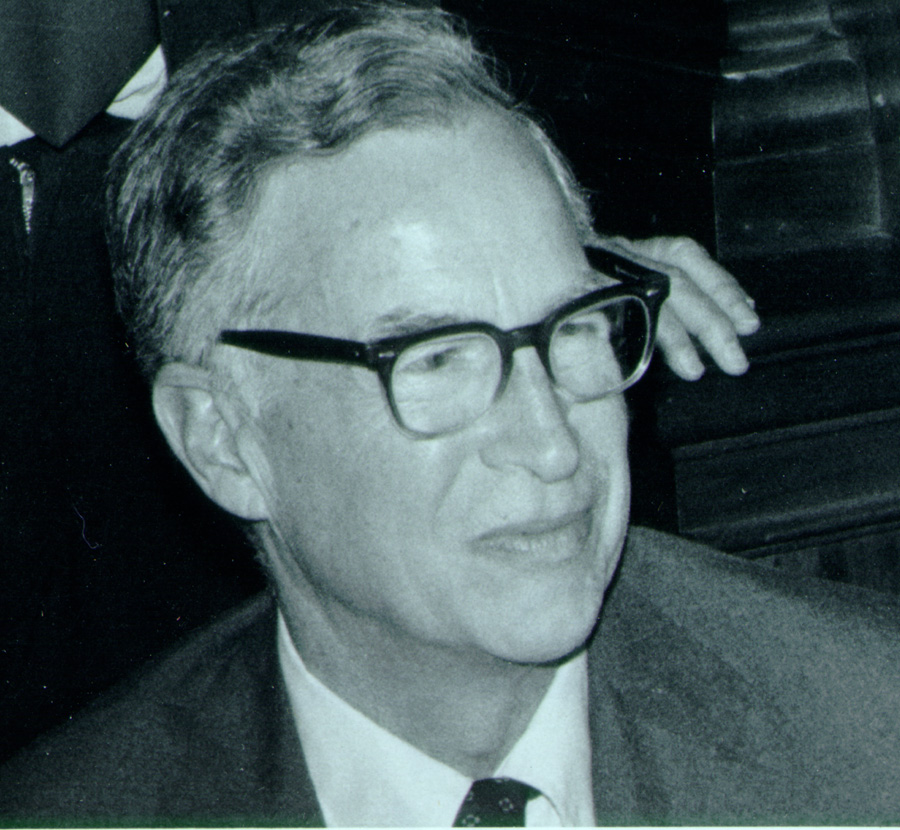
Edgar Bright Wilson
Award Name : National Medal of Science
Year of Award : 1975
Award for : Chemistry
Location : Gallatin, Tennessee, United States
Edgar Bright Wilson was an American chemist. He was born on December 18, 1908 in Gallatin, Tennessee. Wilson was a prominent and accomplished chemist and teacher, recipient of the National Medal of Science in 1975, Guggenheim Fellowships in 1949 and 1970, the Elliott Cresson Medal in 1982, and a number of honorary doctorates. He was also the Theodore William Richards Professor of Chemistry, Emeritus at Harvard University. One of his sons, Kenneth G. Wilson, was awarded the Nobel Prize in physics in 1982. E. B. Wilson was a student and protégé of Nobel Laureate Linus Pauling and was a coauthor with Pauling of Introduction to Quantum Mechanics, a graduate level textbook in Quantum Mechanics. Wilson was also the thesis advisor of Nobel Laureate Dudley Herschbach. Wilson was elected to the first class of the Harvard Society of Fellows. Wilson made major contributions to the field of molecular spectroscopy. He developed the first rigorous quantum mechanical Hamiltonian in internal coordinates for a polyatomic molecule. He developed the theory of how rotational spectra are influenced by centrifugal distortion during rotation. He pioneered the use of group theory for the analysis and simplification normal mode analysis, particularly for high symmetry molecules, such as benzene. He died on July 12, 1992 in Cambridge, Massachusetts, United States.
